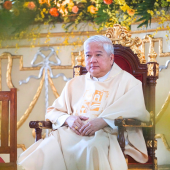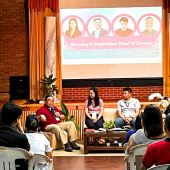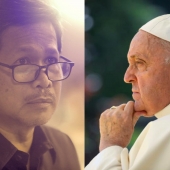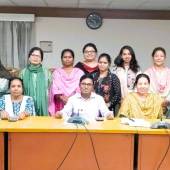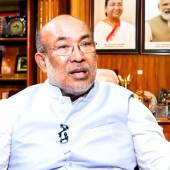Our vote, our power
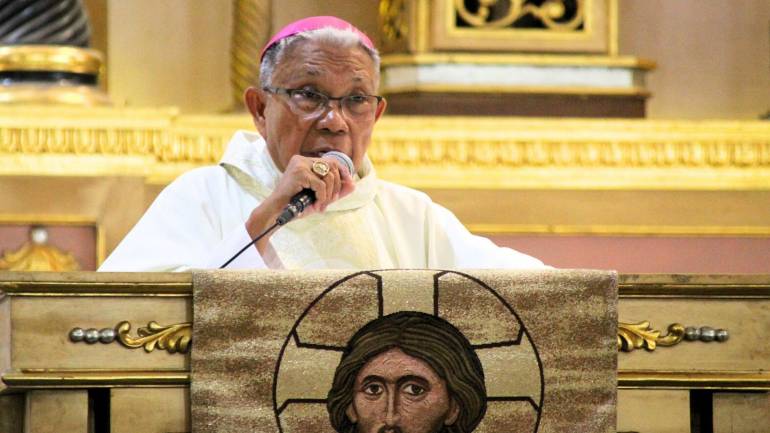
Elections are often a season of grand promises—when the heavens and the earth are offered to voters. Candidates traverse the nation, vowing solutions for even the smallest of worries. Fulfilling these promises, of course, is another matter. But it is a tradition that has endured.
This makes it more curious that the high cost of electricity is barely a blip on the campaign radar. Surveys consistently show that voters care deeply about it. Electricity is a daily burden—one of the largest expenses in a Filipino household—yet our candidates, especially those vying for national positions, are conspicuously silent.
Electricity is not a luxury. It is a necessity that sustains life and livelihood. From lighting homes to powering devices for work and school, electricity is essential. Yet its rising cost forces many to make unthinkable choices—like skimping meals just to keep the lights on.
The Philippines already suffers from some of the highest electricity rates in Asia, despite having only a middle-income economy. In Metro Manila alone, per kilowatt-hour prices have jumped by about four pesos over the last five years. This has placed immense pressure on household budgets—where electric bills rival food and rent.
Worse still, our electricity is largely generated by fossil fuels, dirty, expensive, and destructive to both people and the planet. Power companies profit, the environment suffers, and the people pay. Yet those who aspire to lead this country remain silent. They covet the authority and prestige of public office, yet fail to show the wisdom and courage of real leadership demands.
Leadership, as Pope Leo XIV recently reminded the world, is not about words but action. In his first address, he called on the global Church—and by extension, all leaders—to move from “words to action” in the face of the climate crisis. His message resonates far beyond Rome. It is a challenge to all who hold or seek power: to stop dodging the hard issues and to confront the moral questions of our time.
The cost of electricity is not just an economic issue—it is a moral one. Access to clean, affordable energy is part of the common good. Leaders must be brave enough to challenge the status quo: to break the grip of power monopolies, overhaul outdated laws, and accelerate the transition to renewable energy that respects people and the earth.
Sadly, wisdom is missing when candidates fail to recognize the suffering of their constituents. Courage is absent when they avoid the fight against entrenched interests. They chose this path of public service—no one forced them into it. The least they can do is confront the real problems that plague the daily lives of Filipinos.
The coming elections are not about personalities or slogans. They are about us—the Filipino people. It is a rare opportunity to demand leadership that delivers, leadership that listens, and leadership that acts. Let us not vote for those who ignore our most basic needs. Let us reject those who turn a blind eye to the moral urgency of the moment.
Our love for the nation and hope for a better future will best be reflected in our ballots: if we turn our eyes away from empty promises from political dynasties, candidates who rely only on their showbiz fame, or those we already know to be corrupt - our vote can drive change and elect Filipinos who intend to do good for our country.
May we, the often overlooked and overburdened, remind them: that power still belongs to the people.
Antonio Tobias is bishop emeritus of the Diocese of Novaliches, a part of the Meralco franchise area, and head of the Judicial Council of the Catholic Bishops’ Conference of the Philippines.
Radio Veritas Asia (RVA), a media platform of the Catholic Church, aims to share Christ. RVA started in 1969 as a continental Catholic radio station to serve Asian countries in their respective local language, thus earning the tag “the Voice of Asian Christianity.” Responding to the emerging context, RVA embraced media platforms to connect with the global Asian audience via its 21 language websites and various social media platforms.









